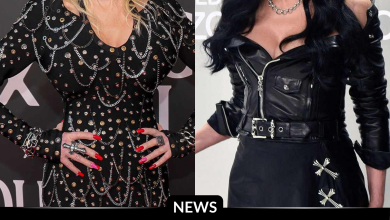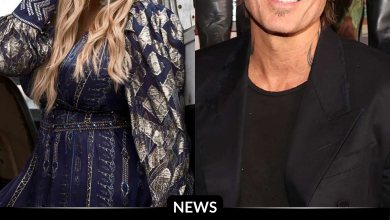Audrey Hepburn and Billy Wilder’s Genius Trick That Made Humphrey Bogart Second-Guess Sabrina
OPINION: This article may contain commentary which reflects the author's opinion.
When Billy Wilder set out to make the 1954 romantic comedy Sabrina, he envisioned Cary Grant in the role of Linus Larabee—a poised, calculating businessman whose unexpected romance with a chauffeur’s daughter would drive the film’s fairy-tale charm. But when Grant passed on the part, Wilder turned to Humphrey Bogart, a legendary actor known for his gritty, world-weary performances. It wasn’t an ideal match, and Bogart knew it. By all accounts, he accepted the role reluctantly, and what followed was a stormy production that left him regretting his decision.
An Unwelcome Outsider
On set, Bogart was immediately an outsider. The film reunited Audrey Hepburn and William Holden, both of whom were fresh off Academy Award wins, and their camaraderie with Wilder was well-established. This dynamic created a chummy atmosphere that Bogart found alienating. According to Stefan Kanfer’s biography, Tough Without a Gun, the trio’s inside jokes and shared history left Bogart feeling isolated, a sentiment that only deepened as tensions flared.
Holden’s off-camera affair with Hepburn further exacerbated the on-set friction. Bogart, who reportedly harbored a long-standing grudge against Holden dating back to a 1939 film, found their romantic dalliance intolerable. The strain culminated in a confrontation that required crew intervention—a sign of just how toxic the set had become for Bogart.
Age and Chemistry Complications
The age gap between Bogart and Hepburn—he was 54, she 24—also drew scrutiny. Though Hepburn was close in age to Bogart’s wife, Lauren Bacall, the chemistry that had made Bogart and Bacall an iconic on-screen duo was noticeably absent with Hepburn. The pair’s scenes lacked the spark Wilder had envisioned, with Bogart’s hardened demeanor clashing with Hepburn’s light, effervescent charm.
Script Troubles and Creative Clashes
Adding to the tension were Wilder’s frequent script rewrites. Bogart famously loathed working from an incomplete screenplay, a grievance he had previously expressed about Casablanca. On Sabrina, the constant changes left cast members uncertain about the plot’s resolution—namely, whether Sabrina would end up with Linus or David. “I got sick and tired of who gets Sabrina,” Bogart later remarked, his frustration palpable.
Wilder’s directorial style did little to ease Bogart’s discomfort. Known for his meticulous approach, Wilder showered attention on Hepburn while leaving Bogart to fend for himself. Their creative differences bubbled into open hostility. Bogart mocked Wilder’s Viennese accent and showed little interest in meeting the director’s demands. Wilder, however, grudgingly admitted that Bogart’s professionalism—his ability to master his lines quickly and deliver them flawlessly—was undeniable.
The Aftermath: Respect Amid Resentment
By the time filming wrapped, Wilder had grown to respect Bogart’s skill, even as their relationship remained tense. The film itself, despite its rocky production, became a classic, cementing Hepburn’s status as a Hollywood icon and showcasing Wilder’s deft touch with romantic comedy. For Bogart, however, Sabrina was an experience he would rather forget. Though he delivered a capable performance, the off-screen drama, creative conflicts, and his own misgivings about the role left him with little fondness for the film.



